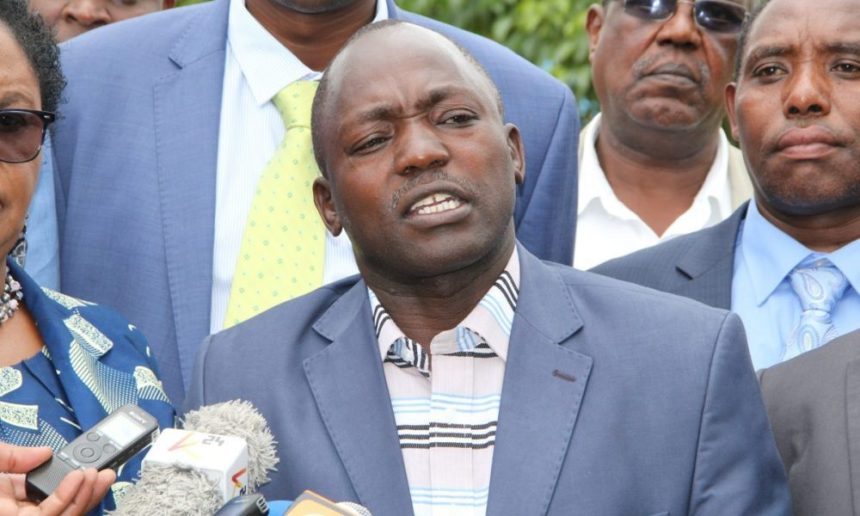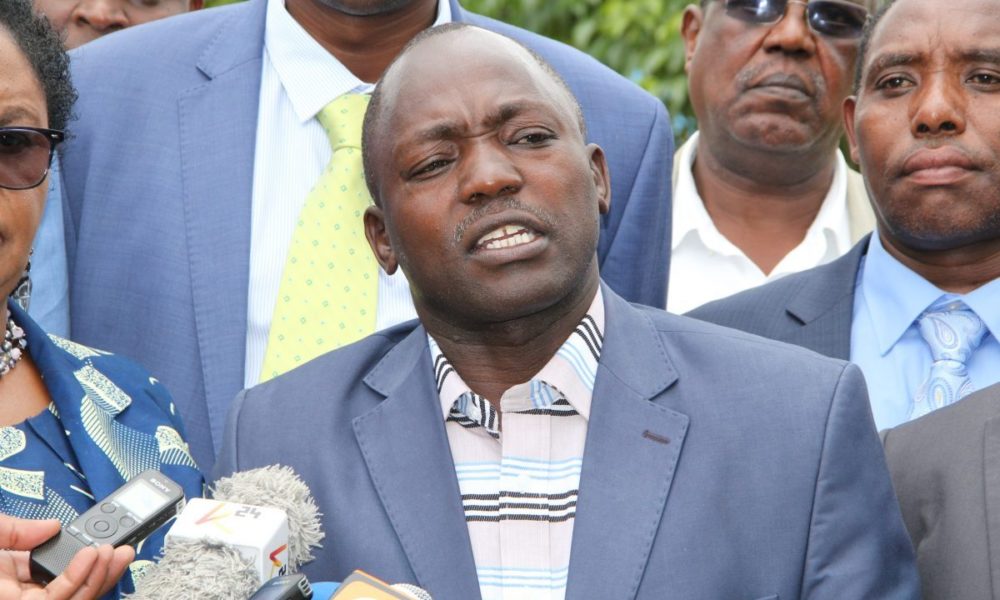More than 12,000 coffee seedlings have been distributed in parts of Laikipia County as the devolved unit embarks on a programme to promote a crop once regarded as Kenya’s black gold.
Although the crop’s fortunes appear to be waning in the country’s traditional coffee-growing areas, with some farmers switching to other agricultural ventures, Laikipia County is banking on the continued rains to promote and increase the area under the crop, which for years has been Kenya’s top foreign exchange earner.
Over the past two months, residents of Githiga ward in Laikipia West sub-county have received the free seedlings to expand existing plantations and bring new farmers into the fold.
Currently, coffee farmers grind the beans and dry them at home, while others sell them as dried cherries (mbuni) to the Kenya Planters Cooperative Union (KPCU) mill in Sagana and other coffee traders in the country through the Ng’arua Coffee Farmers’ Cooperative Society.
Mr Peter Kimani, the secretary of the cooperative, dismisses the notion that coffee is no longer a lucrative crop, insisting that it remains a highly sought-after commodity worldwide.
“We have a total of 596 members from Marmanet and Githiga districts and last season we paid Sh324 per kilo for parchment and Sh188 for mbuni. Our society does not have a processing factory and individual members do the pulping and drying of the commodity on their own,” said Mr Kimani.
He revealed that during the 2022/2023 season, the society sold a total of 10,722kg of parchment and mbuni to a coffee trader based in Eldoret town, but regretted that 75 per cent of the produce was sold to brokers who visit the farm to buy fresh berries.
Speaking during the Madaraka Day celebrations at Il Pole Secondary School grounds, Governor Joshua Irungu revealed that coffee seedlings made up the bulk of the 22,000 seedlings distributed free of charge by the Ministry of Agriculture.
“We have taken advantage of the current rainy season by procuring and distributing 12,145 seedlings of coffee and other high value fruit trees such as mangoes (2,330), Hass avocados (5,000) and macadamia (1,400),” Mr Irungu said.
The governor said the decision to distribute the coffee seedlings in bulk was deliberate, to attract more farmers into coffee farming as his administration has announced plans to establish a coffee processing factory.
Mr Irungu said two coffee officers would be stationed in the two coffee growing zones to assist in the production of the high potential crop taht has been neglected in some areas due to mismanagement and corruption by those elected to head coffee marketing boards.




